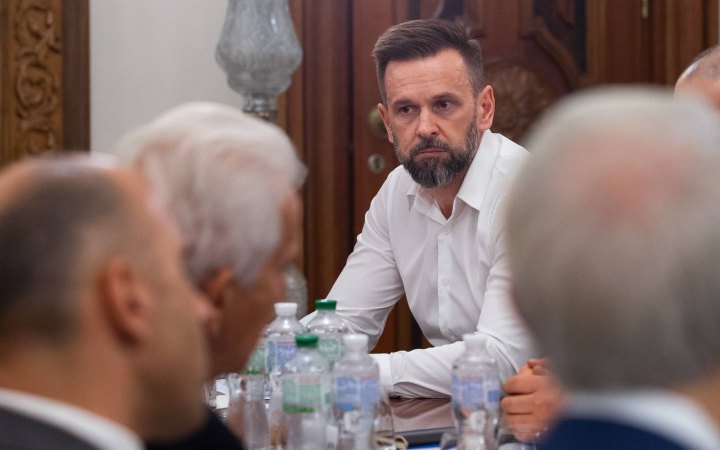There is no risk of Hungarian "separatism" in Transcarpathian Region now and never has been, says Viktor Mykyta, the new deputy head of the Presidential Office for Regional Policy. He is a native of the Transcarpathian Region and former head of the regional state administration.
In an interview with LB.ua, Mykyta said that Hungarian separatism is "a scarecrow that is beneficial to Russia". At the same time, he does not rule out that Moscow's plans after the outbreak of a full-scale war included special operations to discredit Ukraine by "persecuting" citizens on ethnic or national grounds.
Mykyta also said that there were no manifestations of Hungarian nationalism in the Transcarpathian Region even decades ago.
"Even the language could not exist. For Zakarpattya, the Hungarian language, like Slovak or Romanian, is the base. For me, a child, it was absolutely normal to hear it every day at home, at school, everywhere. There were no conflicts," he assured.
At the same time, Mykyta added that Transcarpathian politicians wanted to have some value in Kyiv, which is why they speculated on the Hungarian issue.
"During all the years of independence, Ukrainian Hungarians have not even created their own radical movement. And the question of 'autonomy' was raised only by certain politicians in Kyiv. Not once [there were no grounds]. There were no such calls. Everyone who is raising the Hungarian issue now is doing so from outside Ukraine," he said.
According to his estimates, there are currently 80-90,000 Hungarian residents in the Region. After Ukraine gained independence in 1991, there were about 150,000.
- After the adoption of the law on education, Budapest began to criticise Ukraine's policy on languages in education and demanded special conditions for the Hungarian minority. Relations between Kyiv and Budapest are still complicated due to the sometimes pro-Russian and Eurosceptic stance of Hungarian populist Prime Minister Viktor Orbán.
- According to Yevropeyska Pravda, this year Hungary put forward a list of 11 demands to Ukraine, one of which is to recognise the entire Transcarpathian Region as "traditionally Hungarian".








